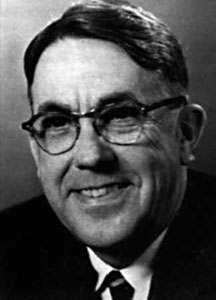Module 5: Machine Learning Basics
Overview
Executive Summary
- Topics: This is the first module that will get us into machine learning. We will cover the following:
- An overview of machine learning and the types of methods in ML
- An overview of how ML methods are trained and evaluated
- General ethics considerations for ML
- Length: This module will take one week to complete
- Assigned chapters: Part of Chapter 19 (we will finish it in the next module)
Machine Learning
What is machine learning (ML) and how has AI become synonymous with ML in the mainstream media? If you refer back to our Venn diagram on the home page of the class, you will note that AI is larger than ML, yet the AI that is in the news is mostly ML.
Machine learning focuses on adaptive methods, or those methods that can adapt the behavior of the agent over time given experience in the environment. The AI methods we have studied so far have not been adaptive. Even when we did replanning (through contingency plans or execution monitoring and replanning), the plan was not adapting to new experiences.
Since there are several full classes at OU on machine learning and since this is an overview class (see the diagram posted in the overview on module 1 ), we will not dive deeply into any of the ML topics but will give an overview of a wide variety of machine learning methods. This module specifically gets us started on what machine learning is, how you train an ML model, and initial ethical considerations. Later modules will jump more into specific ML methods.
Arthur Samuel, shown on the right, was one of the early pioneers of ML, working to develop a machine learning checkers player in 1955! You can read a short history of his player here. His player was inspirational for many beginning ML. Furthermore, games are a really fun way to get more people interested in AI in the first place – they get involved in playing games and want to make the AI play better!
ML Checkers

Arthur Samuel, one of the pioneers of ML
Developed an ML checkers player similar to Reinforcement Learning

Students play the most checkers games at once
How many can we get interested in AI if we teach them to develop AI checkers players?